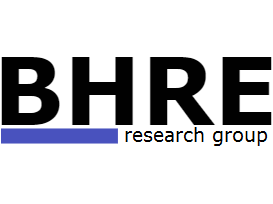Electronics Watch Annual Conference 2017: Ending Precarious Labour – Public Buyers’ Role in Protecting the Rights of Electronics Workers
/Last Thursday (December 7th) at Queen Mary University, Electronics Watch held the annual conference in collaboration with Queen Mary University of London, The Business, Human Rights and the Environment Research Group at University of Greenwich and Good Electronics Network.
The conference was open by Bjorn Claeson, director of Electronics Watch and it was follow by a discussion about the power of public procurement in protecting workers’ rights. This key note conversation had the experts Kan Matzusaki from IndustriALL, Kristian Hemstrom from Stockholm Country Council, Sweden and Heather White, Co-director and producer of the film “Complicit”.
The conference had the valuable participation of experts’ speakers that shared their insights about electronics industry and public buyers. The session on precarious labour in the global electronics industry revealed worrying facts in Indonesia, Thailand and India. The research in India by the Cividep, showed that 80% of workers in seven different electronics companies are facing precarious forms of employment.
Robert Stumberg from Georgetown University Law Center demonstrated in his video conference that regulations on transparency in supply chains do not go far enough to face the current situation of global electronics industry, which makes the work of Electronics Watch be more valuable for companies committed to improving working conditions. Liz Cooper from University of Edinburgh highlight their Electronics Watch membership and the work that the university is doing on supply chain transparency, which sets a good example for other universities.
In the final plenary, Gale Raj-Reichert from Queen Mary University of London indicated that the unsteady cycles of production in the electronics industry and the short product life for smartphones, contributes to excessive working hours. The ending session of the conference emphasised the importance of the monitoring system suggested by Electronics Watch, which empowers workers to identify their problems and get support from public procurement.


